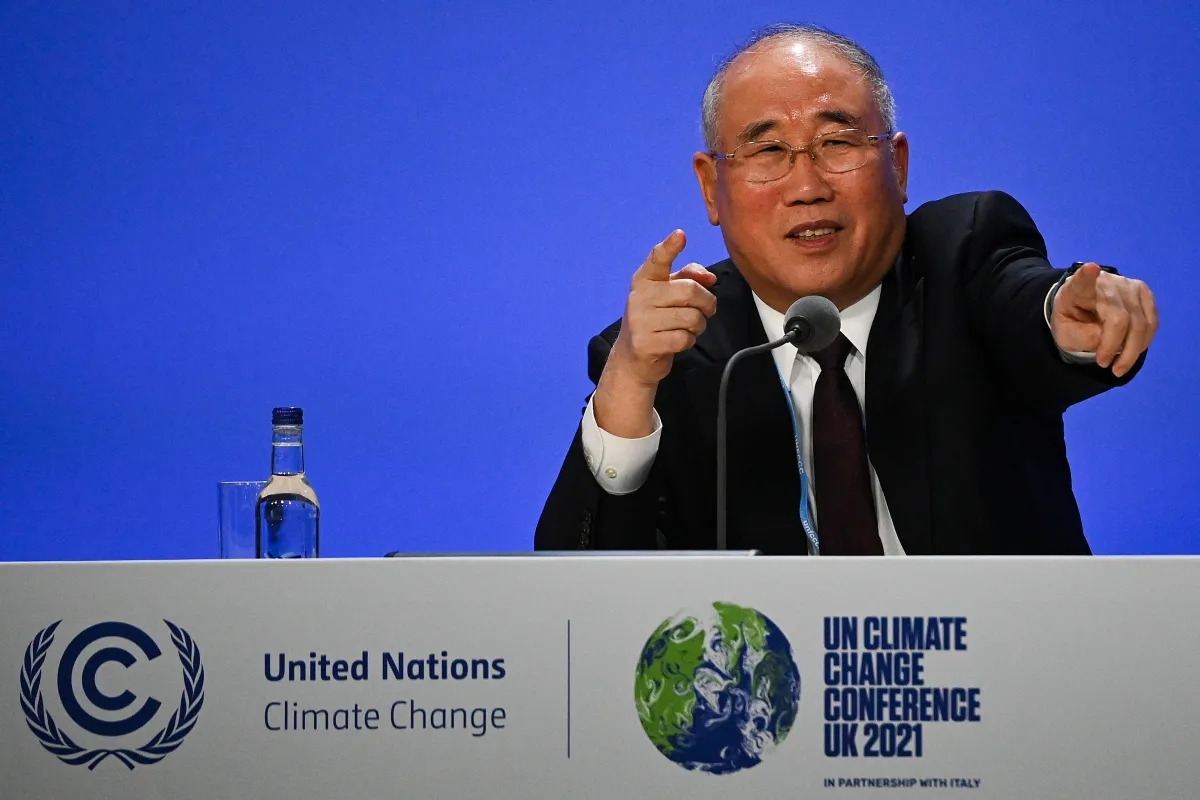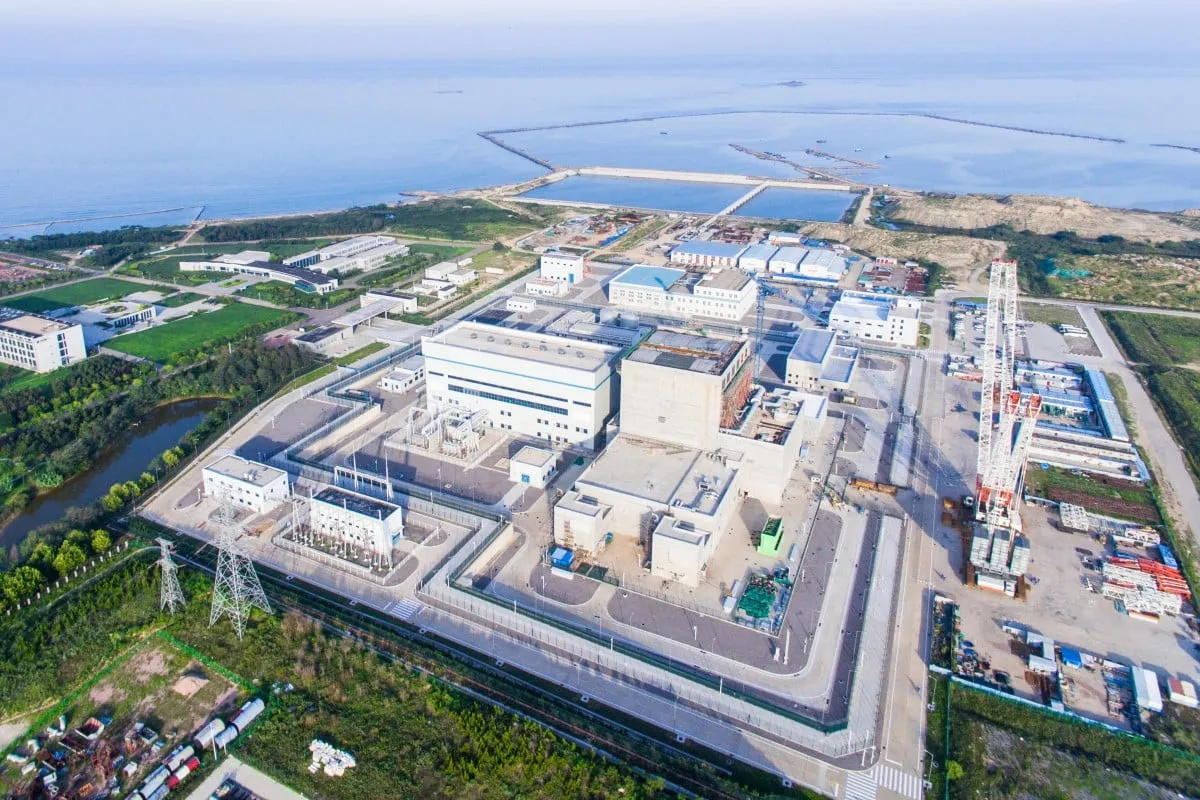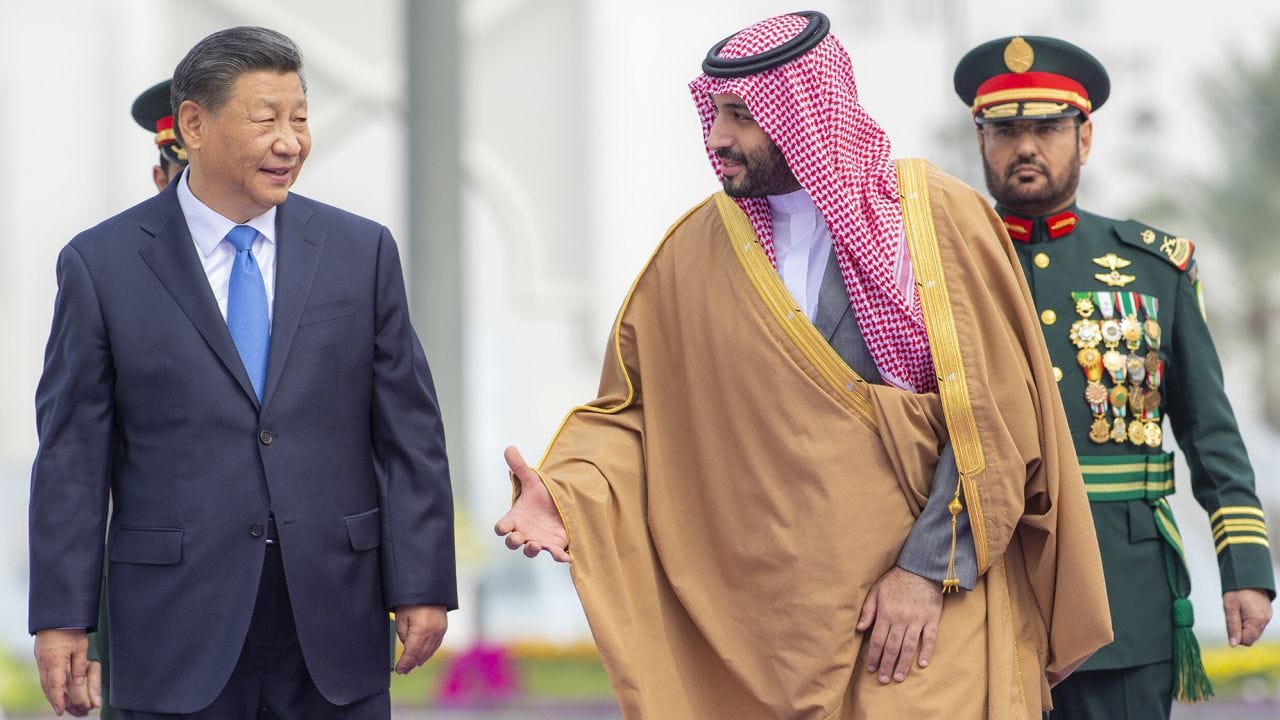Chinese Embassy Rebuts UK’s COP28 Remarks on China’s Emissions
Chinese Embassy Rebuts UK’s COP28 Remarks on China’s Emissions

The Chinese Embassy in the United Kingdom held a press conference on December 6th to counter the UK’s erroneous statements made during the 2023 United Nations Climate Change Conference.
A UK official claimed that China, as a major emitter, had significantly increased its emissions since 1990, While China’s Embassy spokesperson emphasized that global climate change is the cumulative result of greenhouse gas emissions. Developed countries like the UK having emitted substantial greenhouse gases during their industrialization process spanning over 200 years, bear an undeniable historical responsibility.
The spokesperson also pointed out that China has made significant progress in reducing CO2 emissions intensity, which decreased by over 51% in 2022 compared to 2005. China has ceased the construction of new coal-fired power plants overseas and mainly supplies the global wind power (50%) and photovoltaic equipment (80%) markets. Moreover, China has funded over 1.2 billion RMB to the Global South, supporting developing countries in enhancing their climate change resilience. These efforts fully demonstrate China’s commitment to combating climate change.
The embassy spokesperson urged the UK to respect the facts and take tangible actions, collaborating with other nations in addressing the shared challenges of humanity, rather than evading its responsibility.
World’s First Fourth-Generation Nuclear Reactor Begins Commercial Operation in China

On December 6, China’s independently developed Shidao Bay high-temperature gas-cooled nuclear power plant completed 168 hours of continuous operation tests and was officially put into commercial operation. This marks China as the world’s first country to achieve commercial operation of a modular high-temperature gas-cooled reactor nuclear power plant.
High-temperature gas-cooled reactors represent an advanced fourth-generation nuclear technology internationally recognized for their “inherent safety”. Without any intervention, the reactors can maintain safe conditions even with a total loss of cooling capacity, preventing core meltdown and radioactive release. They have broad application prospects in power generation, cogeneration, and high-temperature heat supply.
The Shidao Bay plant in Rongcheng, Shandong province is the result of joint research and development by China Huaneng Group, Tsinghua University, China National Nuclear Corporation, and other institutions. With over 90% domestically manufactured equipment, construction began in December 2012. Grid connection was achieved in December 2021, with this final milestone enabling full-power commercial operation.
China’s Belt and Road Initiative Achieves Full Coverage of Arab Nations

On December 6, China’s Foreign Ministry spokesperson, Wang Wenbin, announced during a regular press that the Belt and Road Initiative achieves full coverage of Arab nations.
Wang explained that on November 29th, China and Jordan signed a memorandum of understanding between the government of the People’s Republic of China and the government of the Hashemite Kingdom of Jordan on jointly promoting the construction of the Silk Road Economic Belt and the 21st Century Maritime Silk Road, which means China has now signed cooperation documents for the BRI with all 22 Arab countries and the Arab League.
As the BRI marks its 10th anniversary, bilateral trade between China and Arab countries exceeded $430 billion in 2022, doubling the figure from a decade ago; China imported 270 million tons of oil from Arab nations, accounting for half of its total global imports. Over the past decade, mutual investments between China and Arab countries have grown exponentially, with the implementation of over 200 major cooperative projects, benefiting nearly 2 billion people.
Wang Wenbin emphasized that the BRI has become a significant international platform for cooperation, providing strong support for the establishment of a shared future between China and Arab nations.
